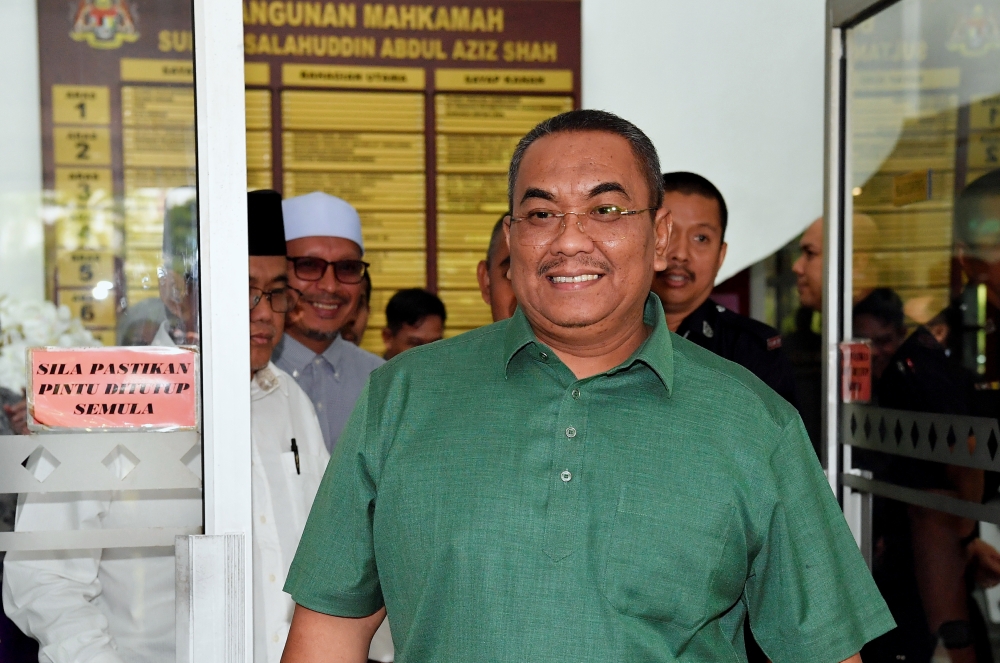LONDON, March 28 — Huge swings in commodity prices mean resilience in financial markets cannot be taken for granted and authorities are watching the situation very closely, Bank of England Governor Andrew Bailey said today.
Prices across gas, oil, metals and agricultural markets have soared since Russia’s invasion of Ukraine and have become so volatile that companies have had to cut traded volumes owing to strained liquidity.
“Liquidity conditions have deteriorated in many commodity markets, margining costs have risen, which is of course a reflection of much higher volatility and risks in these markets,” Bailey told an event at the Bruegel think tank in Brussels.
“We can’t take resilience, in particular in that part of the market, for granted. There’s a strong need to work together on this,” he said, adding that there was very good evidence of the Financial Stability Board doing that.”
Bailey said nothing had gone seriously wrong in the functioning of commodity markets but it was the area of greatest fragility in terms of stresses on the financial system.
Last week the European Central Bank said it would need to keep a close eye on the commodity derivatives market because price volatility had increased market stress.
On monetary policy, Bailey largely stuck to the tone of the debate from this month’s interest rate announcement in which officials softened their language on the need for further rate hikes because of rising uncertainty.
Bailey said the BoE had started to see evidence of an economic slowdown in business and consumer surveys.
“We expect that this pressure on demand will weigh down on domestically generated inflation, other things equal at the moment,” he said.
Asked about a possible rate hike by the BoE at its next scheduled meeting in May, Bailey said the situation was very volatile after Russia’s invasion of Ukraine propelled energy prices higher.
He also said the risks for inflation were two-sided, meaning it could slow or accelerate more than the BoE has forecast. — Reuters






















